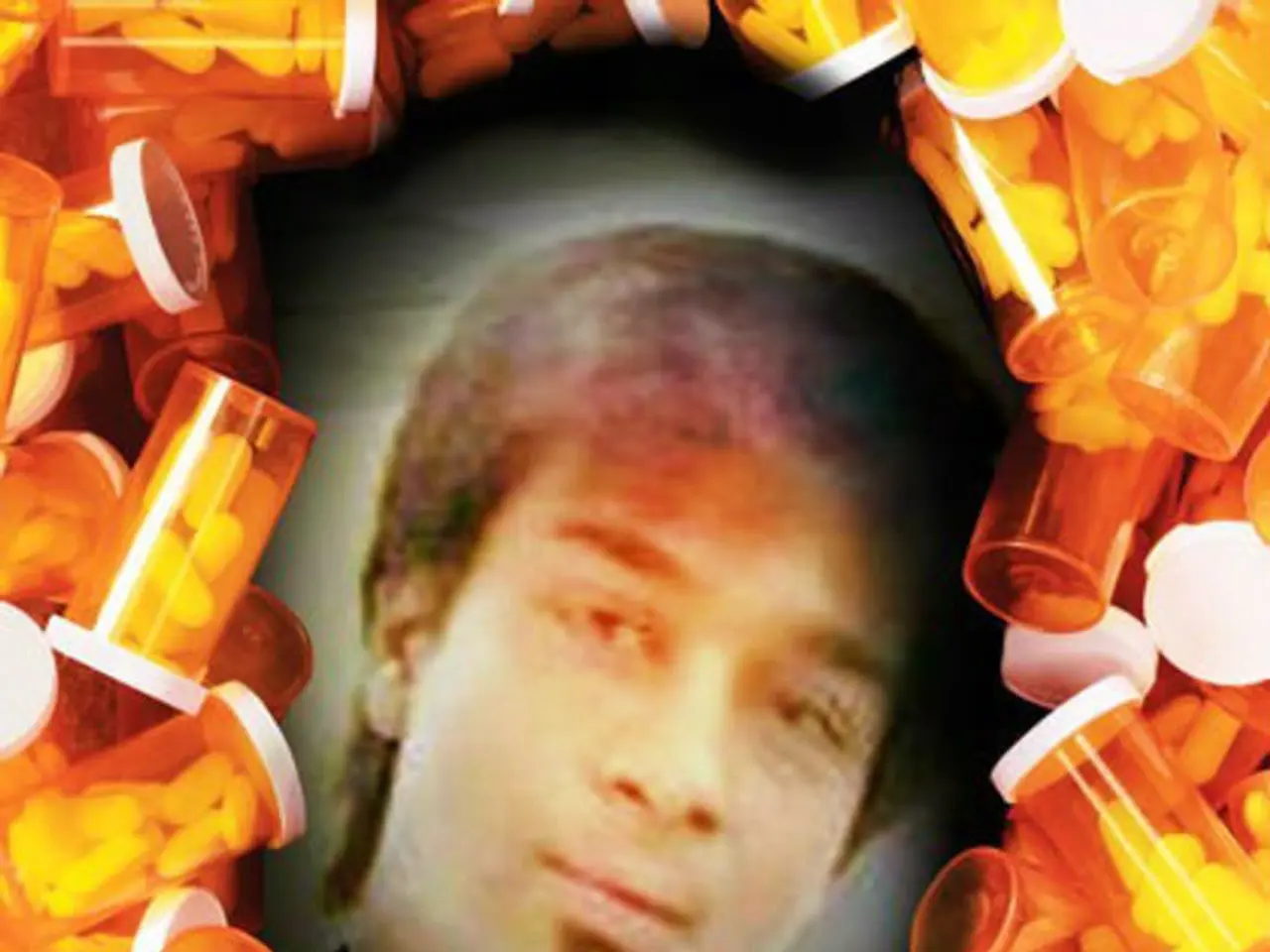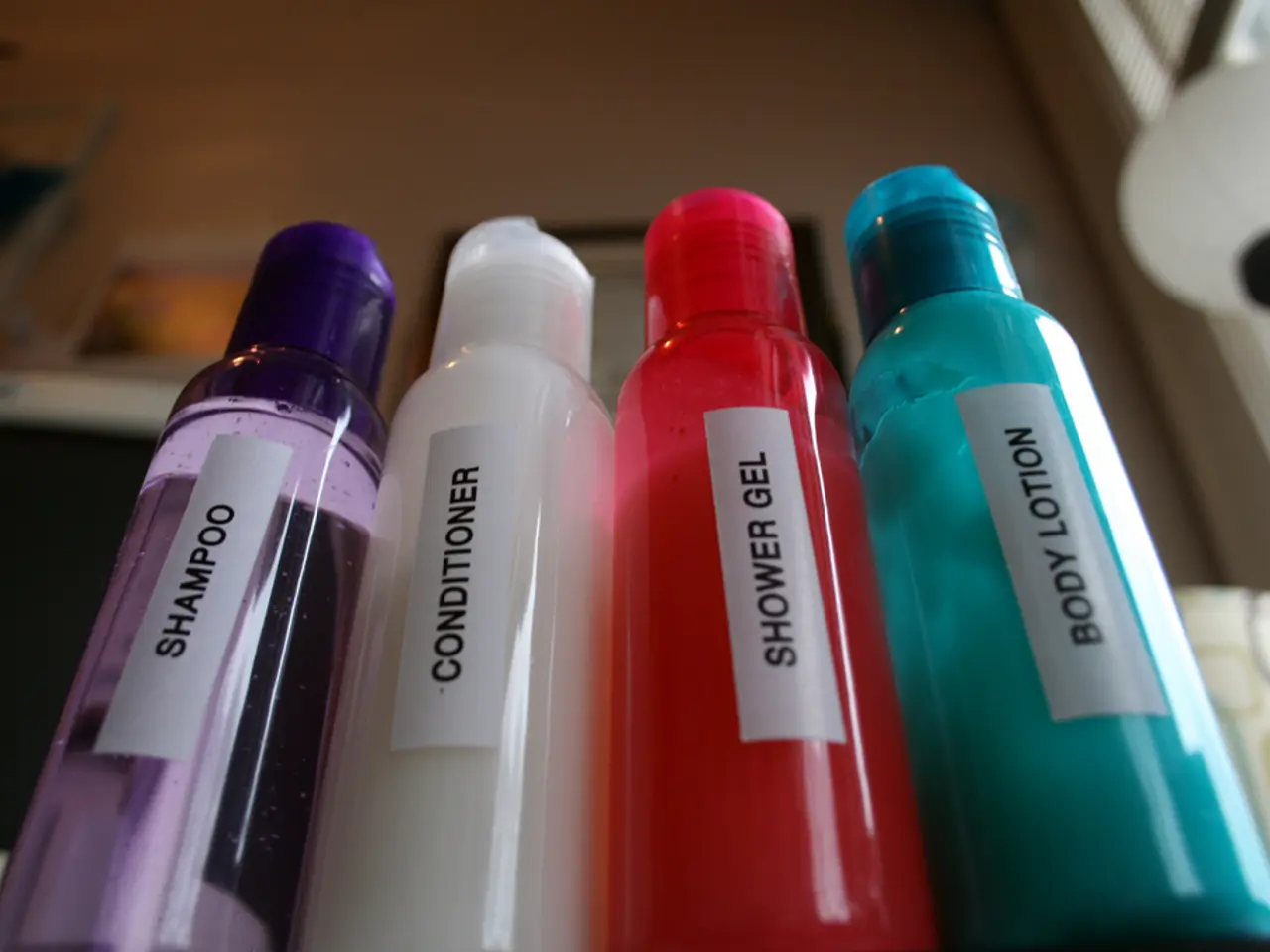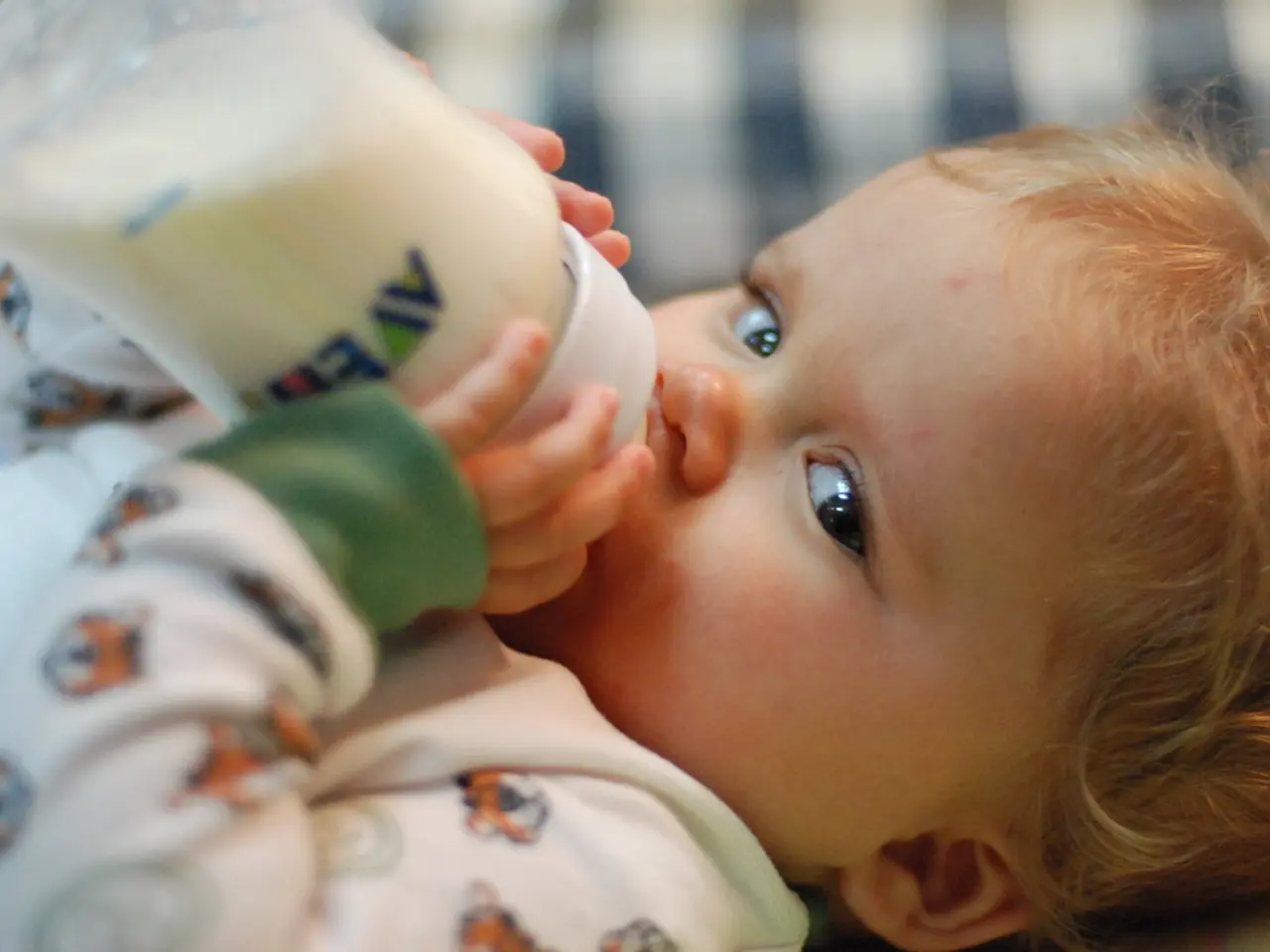Addictive Disorders: Characteristics, Indicators, Negative Effects, and Recovery Strategies
In the face of addiction, supporting a family member can be a challenging journey. However, with the right approach, it is possible to help them on the path to recovery.
Addiction, as defined by the American Society of Addiction Medicine, is a treatable, chronic medical disease involving complex interactions among brain circuits, genetics, the environment, and an individual's life experiences. Symptoms of addiction may include declining grades or difficulty at school, poor performance at work, relationship difficulties, inability to stop using a substance even though it may be causing health or personal problems, a noticeable lack of energy in daily activities, profound changes in appearance, and appearing defensive when asked about substance use.
It's important to remember that not all people who start using a drug or first engage in an activity voluntarily will develop addiction. However, anyone using substances, even socially, should discuss them with a doctor to ensure safe use and monitor for signs or symptoms of addiction.
When a person is ready and wants help with their addiction, they may wish to contact a medical professional to discuss options for treatment, which include rehab, therapy, detox, and medication. Withdrawal from substance addiction can provoke unpleasant symptoms, and in some cases, it may be fatal. Therefore, professional medical assistance is crucial during this process.
If a person experiences a substance overdose, those around them should seek emergency medical assistance immediately. Many people with addiction deny problems for a long time, so it's important not to challenge them but to remind them that you care and ask permission to keep checking in with them.
When a family member with severe addiction refuses to seek professional help, the best strategies for connecting them to care involve a combination of careful planning, professional intervention, and supportive family involvement.
A professional interventionist can greatly increase the likelihood that the addicted individual will agree to treatment. Interventions led by trained professionals are highly effective; they help prepare all parties, reduce conflict, and increase the acceptance of treatment. Interventions can be either simple (one-on-one) or formal (involving multiple family members) depending on the situation.
A structured intervention meeting with family and friends allows concerns to be expressed compassionately and clearly, helping to confront denial and motivate the individual toward recovery. Family system interventions address not only the addict’s needs but also family dynamics, codependency, and support structures, which are often critically involved in addiction.
Families should establish what behaviors they will and will not accept, which protects their well-being and encourages accountability. Boundaries prevent enabling and reinforce the need for change.
Understanding addiction’s complexity reduces blame and helps families respond effectively and compassionately. Family support during and after treatment greatly improves recovery outcomes, fostering motivation, accountability, and healthier routines.
Family members need to maintain their own mental health through therapy, support groups, and stress-reduction practices to remain strong allies in recovery.
In summary, connecting a resistant family member to professional addiction care typically requires a well-planned, professionally guided intervention combined with strong, educated, and boundary-aware family support that continues through treatment and recovery. Organisations such as To Write Love on Her Arms, Shatterproof, Faces & Voices of Recovery, The Amy Winehouse Foundation, Substance Abuse and Mental Health Services Administration, American Addiction Centers, Crisis Text Line, National Drug Helpline, Partnership to End Addiction, and National Suicide Prevention Lifeline can provide further assistance.
- A structured intervention meeting, led by a professional, can increase the likelihood of an individual with addiction agreeing to treatment, helping to confront denial and motivate them towards recovery.
- In the health-and-wellness sector, organizations such as To Write Love on Her Arms and Shatterproof offer resources and support for families and individuals dealing with addiction.
- Understanding addiction as a complex disease that interacts with brain circuits, genetics, the environment, and individual life experiences, can help families respond effectively and compassionately.
- Maintaining mental health through therapy, support groups, and stress-reduction practices is essential for family members, ensuring they remain strong allies in recovery.




